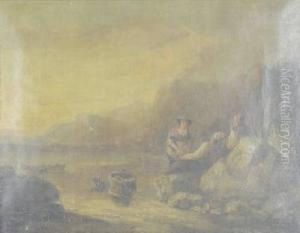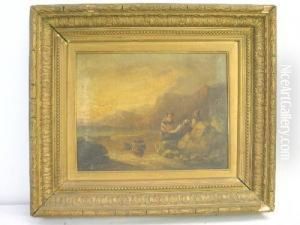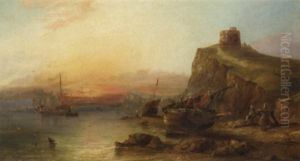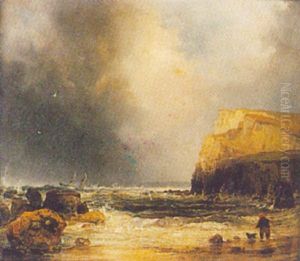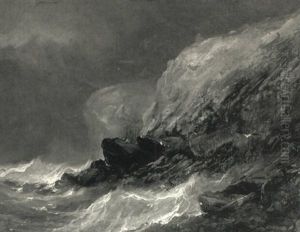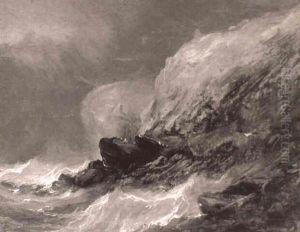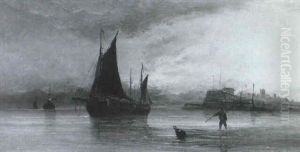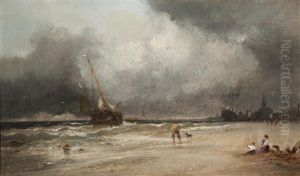William James Durant Ready Paintings
William James Durant, more commonly known as Will Durant, was not primarily known as an artist but as an American writer, historian, and philosopher. He is best known for his work 'The Story of Civilization', an 11-volume written collaboration with his wife, Ariel Durant, that spans the breadth of human history and civilization.
Born on November 5, 1885, in North Adams, Massachusetts, Durant was the son of French-Canadian parents Joseph Durant and Mary Allard, who had been part of the Quebec emigration to the United States. Early on, he demonstrated a voracious appetite for knowledge and reading. Durant received his education at the St. Peter's Parochial School and later at the Fitchburg State College in Massachusetts. His formal education continued at Saint Peter's College in Jersey City, New Jersey, where he contemplated a life in the clergy. However, he eventually left the path of priesthood and broadened his intellectual horizons at Harvard University, where he completed his undergraduate studies in 1907.
After Harvard, Durant became a teacher at the Ferrer Modern School, an educational establishment that operated on the principles of libertarian socialism and free thought. It was there that he met his future wife, Ariel Kaufman, who would become an integral collaborator in his later works. Durant's first major work, 'The Story of Philosophy' (1926), was a series of profiles of several prominent Western philosophers. The book was highly successful and provided the financial means for Durant to pursue his larger project, 'The Story of Civilization.'
'The Story of Civilization' is a comprehensive attempt to capture the history, culture, and philosophy of various periods in world history. The series began with 'Our Oriental Heritage' (1935) and concluded with 'The Age of Napoleon' (1975). Though Ariel was not initially credited, she played a significant role in the research and writing of the later volumes, and her name was added as co-author starting with the fourth volume.
Durant's approach to history was synoptic, striving to tell the story of human civilization in an integrated, accessible manner. He was awarded the Pulitzer Prize for General Non-Fiction in 1968 for 'Rousseau and Revolution', the tenth volume of 'The Story of Civilization.' Alongside his historical work, Durant also advocated for a form of humanism and secularism in his philosophical writings.
Will Durant died on November 7, 1981, in Los Angeles, California, at the age of 96, just two weeks after the death of his wife Ariel. His legacy is marked by his contributions to the popular understanding of history and philosophy, as well as the ambitious scope and enduring appeal of his magnum opus, 'The Story of Civilization'.
